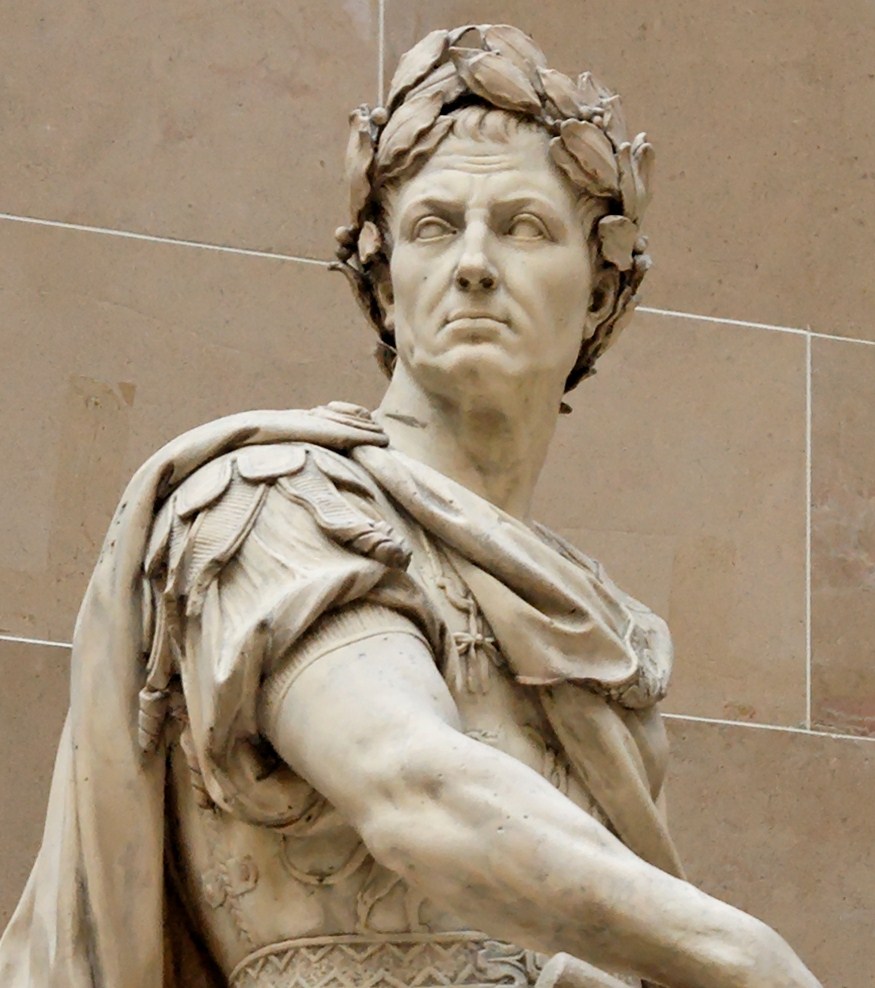

Philo thought that his mind was unhinged as a result.

In October of the same year Caligula became seriously ill. He appears to have ruled admirably, possibly under Antonia's influence. On the death of Tiberius, Caligula was strongly supported by Macro, prefect of the Praetorians, and acclaimed sole Emperor on 16 March AD 37.Īt first he sproke dis-respectfully of Tiberius and paid honor to the shades of his dead parents and brothers. Nevertheless, after the death of his brother Drusus in AD 33 he was declared co-heir to Tiberius along with Tiberius Gemellus, his nephew. Caligula had been pontifex in AD 31 and was quaestor two years later, but had held no other official position. There Germanicus died in Antioch in AD 19 in rather mysterious circumstances, and Caligula returned to Rome with his mother.Īfter her arrest and banishment to Pandateria by Tiberius, he lived with Livilla and Antonia, his grandmother, until AD 32, when Tiberius sent for him to join the imperial household on Capreae. i8-i9 he accompanied his parents to the East. From the age of two to four years he was with the army on the Rhine frontier with his parents, and it is said that here he received his name 'Caligula' from the soldiers because of the miniature military boots that he wore.
#GAIUS JULIUS CAESAR AUGUSTUS GERMANICUS FULL#
Suetonius's Gaius Caligula in "De vita Caesarum" is full of scabrous and sometimes entertaining stories, on some of which little reliability can be placed.Ĭaligula was born in Antium on 31 August AD 12, the son of that popular prince, Germanicus Julius Caesar and of Agrippina. It seems probable that all these ancient soures are to some extent prejudiced and highly colored. Other ancient sources are Dio Cassius, whose History of Rome was written in the early third century and, to a lesser extent, Josephus, whose "Antiquitates Judaicae" was published in AD 93, and Philo Jadaeus, whose pamphlet "Legatio ad Gaium et in Flaccum" may be considered as contemporary writings. Unfortunately that part of Tacitus's "Annals" which treated of the reign of Caligula has been lost. Suetonius worked for a time as private secretary to the Emperor Hadrian, and presumably had access to the imperial archives. Knowledge of the life of Caligula depends largely on Gaius Suetonius Tranquillus, whose work De vita Caesarum was not published, until some eighty years after the death of Caligula in AD 41.

And though our own society has much changed from the Roman (we may point with somber pride to Hitler and Stalin, who lent a real Neronian hell to our days), we have, nevertheless, got so into the habit of dissembling motives, of denying certain dark constants of human behavior, that it is difficult to find a reputable American historian who will acknowledge the crude fact that a Franklin Roosevelt, say, wanted to be President merely to wield power, to be famed and to be feared." Caesar and Augustus, the makers of the Principate, represent the naked will to power for its own sake. I knock you down now I am king of the castle. Earthly dominion as an end in itself: no Utopian vision, no dissembling, no hypocrisy. Nero called his guard the 'Phalanx of Alexander the Great.' And the significance of this fascination? Power for the sake of power. Gore Vidal wrote: "Caligula stole the breastplate from the corpse and wore it. Through the act of unpremeditated destructiveness, the individual finds an almost magical way of achieving power and prestige, and in a single act of unpremeditated intensity he at once establishes a sense of his own existence and impresses this existence on others. In Albert Camus' play "Caligula" the Roman emperor attempts to show he is a god through the arbitrary exercise of power over the life and death of other people. To do a thing (or do in a thing) for its own sake is to show the arbitrariness of your personal power and the purely internal forces controlling the action. Thus, almost anyone under the same situational forces would act similarly. A person makes his mark, gains his reputation, is remenbered or feared for behavior that is out of the ordinary, unaccountable, and unlikely to be performed by others in the same situation.Ī justifiable act of violence or vandalism is situatlonally determined. A senseless act is more reinforced than one that is understandable and predictable. Throughout the centuries the name of Caligula has been synonymous with madness and infamy, sadism and perversion. Caligula (Gaius Julius Caesar Germanicus)


 0 kommentar(er)
0 kommentar(er)
